#technology
With Range Comes Dominance? Daimler Strengthens Relationship With Chinese Battery Maker CATL
With practically every automaker on the planet attempting to make the electric vehicle segment work for them as well as Tesla has, they’re stepping all over each other to gain access to the components necessary to build them.
Everything from securing the raw materials for high-density cells to improving relationships with established battery suppliers will be essential for maximizing market share and embarrassing industry rivals like the little bitches they (hopefully) are. This has been especially true of German brands, who are trying to roll with increasingly demanding emission rules in Europe and China while likewise hoping to improve all-electric range and lower EV production costs.
Daimler, which already has supply deals with SK Innovation, LG Chem and Farasis, is seeking to bolster its partnership with China’s Contemporary Amperex Technology Ltd. (CATL) to address some of the challenges listed above. Mercedes-Benz wants to launch its EQS luxury electric sedan using CATL cells in 2021 — ideally with at least 435 miles of range per charge. While Daimler uses Worldwide Harmonized Light Vehicle Test Procedure (WLTP) metrics that typically average lower when assessed by the U.S. regulators, the proposed target remains enviable.
Musk on Cybertruck: If They Don't Like It, We'll Go Boring
Tesla CEO Elon Musk was on top of his game during an interview with Automotive News last week. By that, we mean his ego and various personality quirks came through like a shaft of sunlight parting a fog bank.
Musk announced during the talk that his company performed no customer research before designing and revealing the polarizing and still-not-clearly-legal Cybertruck to would-be buyers, laughing at the idea. If folks don’t like it, he said, there’s a plan.
Toyota Is Becoming a Software Company
Toyota announced the creation of a new holding company that will oversee its software development initiatives this week. While our default response is to gripe about the nebulous concept of “mobility companies” and the industry’s obnoxious emphasis on shifting data, we also understand that it pays to have someone on hand who knows their way around a line of code.
It wasn’t all that long go that Volkswagen was bragging about taking software seriously, only to be publicly shamed by the media when bunk programming screwed up the launch of numerous physical products. The cynical side of the brain knows this could have been avoided by ignoring unnecessary connectivity features and a potentially ill-conceived attempt to digitize the entire cabin.
We’re sympathetic to the nature of competition and the appeal “newness” has on customers. The automotive industry has seen the sea of riches amassed by tech companies harvesting data and knows which way the wind is blowing. No brand wants to be seen as technologically inferior, even if many of the newer features in modern cars aren’t really in service of anything other than marketing. Yet the “software first” mentality that has started presiding over vehicle development seems somewhat counterproductive, and Toyota may have just bought into it hook, line and sinker.
Then again, maybe it’s a great play and we’re just not seeing the big picture. So let’s dive in and see what we find.
Ford's Fluffy: Stirrer of Irrational Fears
You’re probably disinterested to learn that Ford found a cheap way to measure and record the interior dimensions of assembly plants in preparation for retooling operations. However, the manner in which the company plans to scan its Van Dyke transmission facility is an altogether different matter.
The maker of wholesome products like the F-150 and a vast array of passenger cars no longer offered to American consumers chose to temporarily adopt a pair of hell hounds secretly designed to one day enslave the human race.
Ford Touts Expanded Partnership With Mobileye for Next-gen Driver Assist
Despite urging buyers to venture far from the beaten path with its new Bronco, Ford knows the bulk of its customers will want to keep their tires planted firmly on blacktop, and chances are they’d like the car to handle some of the responsibilities, too.
With that in mind, Ford reached a deal with Mobileye to develop and provide a key element of the brand’s driver-assist hardware. Note that we’re not calling it semi-autonomous, and with good reason.
Joe's Got a Brand New Bag: Ousted Ford Exec Turns Up at Self-driving Tech Firm
Joe Hinrichs, formerly Ford’s president of automotive (and a leading candidate for CEO in the event that the company’s board grew tired of Jim Hackett), has found a new gig after his ouster from the automaker he worked at for 19 years.
On Monday, Massachusetts-based WaveSense announced Hinrichs as its newest board member, joining a former General Motors chief financial officer, Chuck Stevens III, and a Continental executive in the advisory body.
Joe Biden Wants to Bring Back Cash for Clunkers
Earlier this week, presumed Democratic nominee for president and former shut-in Joe Biden discussed some of the changes he’d make if elected. While most do not overlap with the automotive industry and would force your author to digress into rants about the perils of unchecked government spending, one item tied to his ambitious $2 trillion climate proposal is related directly to cars — and feels uncomfortably familiar.
Biden appears interested in bringing back the Car Allowance Rebate System (aka Cash for Clunkers) from the last recession, or at least a version 2.0 that accelerates electric vehicle adoption and development inside the United States.
Coronavirus Seems to Kill GM's Hydrogen Ambitions
Maybe the military will still be able to get one, but the cash-consuming coronavirus pandemic appears to have nixed any chance that a normal consumer will be able to slide into a fuel cell-powered General Motors vehicle anytime soon.
Good news for Honda, Toyota, and Hyundai?
Elon Musk: Level 5 Autonomous Driving 'Very Close'
Tesla is reportedly “very close” to achieving complete driving autonomy, according to CEO Elon Musk.
“I’m extremely confident that level 5 or essentially complete autonomy will happen and I think will happen very quickly,” Musk said during a video message for the opening of Shanghai’s annual World Artificial Intelligence Conference.
Annoyment Optional: BMW Envisions a Future of Temporary Features
The future’s weird, man. As wireless, over-the-air (OVA) software updates become an increasingly common thing in the auto industry, OEMs have weighed its potential. It opens doors to new ways of doing business. New ways of outfitting cars.
New ownership experiences, too.
Frankly, what BMW wants to pull on its customers would make a good QOTD. Some background, first.
The Hero We Need: Consumer Access to Repair Coalition
When it comes to activism, it’s best to choose your battles carefully. Fortunately, there aren’t too many causes within the auto industry and most are easy to get behind.
Even though environmental activists sometimes find themselves at odds with reality, their hearts are usually the right place, and they’ve encouraged automakers to try new and interesting things with transportation. Safety advocates can likewise go overboard, but we wouldn’t have seen cars get dramatically safer (or heavier) since the 1970s if they hadn’t.
Our favorite has to be consumer advocacy, however. With the exception of the occasional predatory lawsuit looking to take advantage of a dumb corporate decision, there’s precious little to scoff about. It also tends to overlap with our pet peeves by decrying bad business practices within the industry. Case in point, the Consumer Access to Repair Coalition has recently asked Congress to rethink how vehicular data is shared — noting that automakers shouldn’t need real-time monitoring for repairs and that the technology likely poses an unnecessary security risk.
Bullish on EVs, Hyundai Issues a Challenge
Hyundai and its sister automaker, Kia Motors, want to hear from you. Well, maybe not you, but someone with electrification expertise and a startup in tow.
As the automakers prepare a series of upcoming electric models, the automakers, joined by their battery supplier, have issued a challenge.
Tesla Update: Brace Yourself for B-Day
There’s a big to-do coming up in Tesla’s social calendar. Dubbed “Battery Day,” the occasion seems to have something to do with…well, you can probably read.
Battery Day, on which Tesla will presumably storm the beaches of electrification technology, is slated for September 15th — the same day as a postponed shareholder meeting.
Ford Goes Hands-Free, Promising Relaxed - but Not Distracted - Cruising in 2021
Ford brought back the Mustang Mach 1 to offer buyers an involved, hands-on, track-worthy driving experience, but the Mustang Mach-E arriving next year will offer the ability to go hands-off. New hardware and software, combined with extensive mapping of certain divided highways, will see some Ford vehicles gain the ability to cruise without a driver’s hands on the wheel, starting in the 2021 model year.
The long-expected tech addition catapults Ford into the big leagues of Level 2 autonomy, rivaling General Motors (Super Cruise) and Tesla (Autopilot). Like the others, this feature still falls short of any “self-driving” or “fully autonomous” label. At least Ford’s system has something Tesla’s doesn’t.
Volkswagen - and With It, Ford - Secures Self-driving Deal
U.S. self-driving startup Argo AI has completed a deal with Volkswagen AG on self-driving vehicle technology, fulfilling VW’s wishes for a secure and affordable source of gee-whiz gadgetry for future mobility solutions.
The deal, valued at $2.6 billion, will see VW fork over a cool billion while folding its Autonomous Intelligent Driving team into Argo AI’s operations. The automaker’s alliance partner, Ford, pledged $1 billion (over five years) to the startup in 2017, before last year’s tie-up with the German automaker.




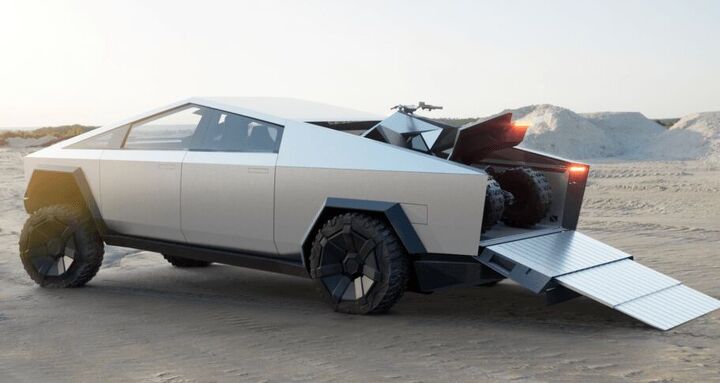
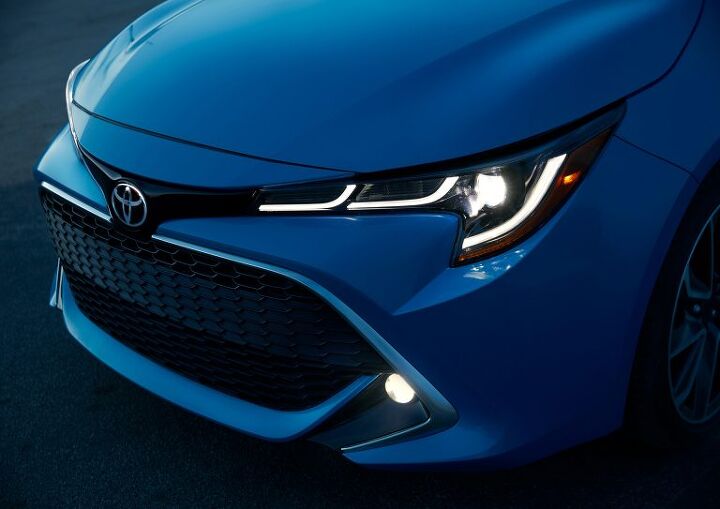
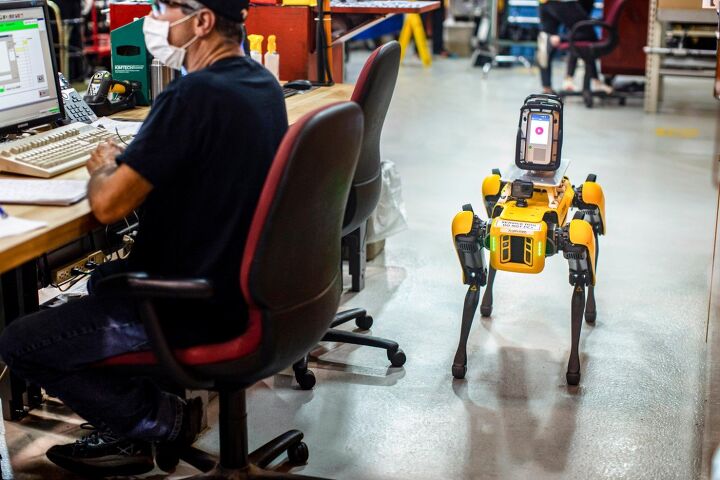

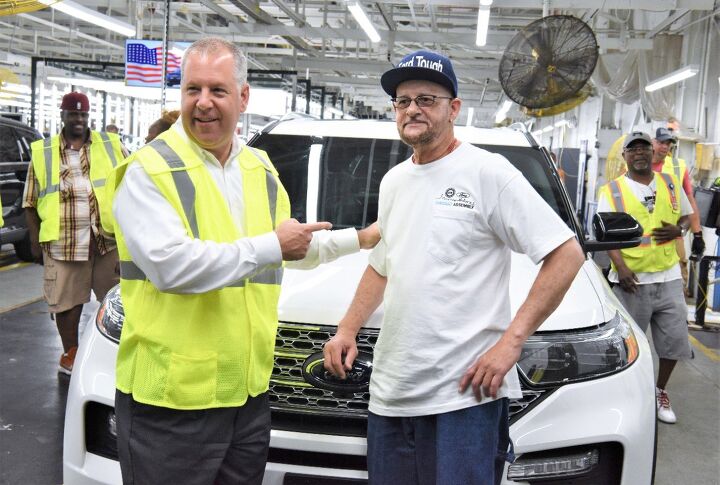

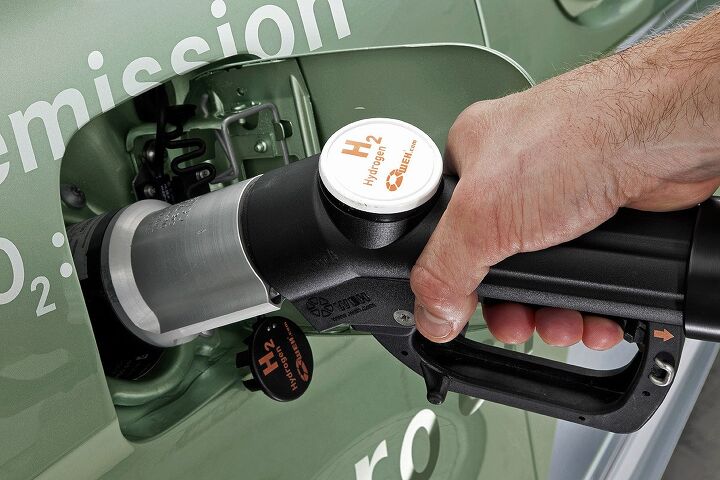
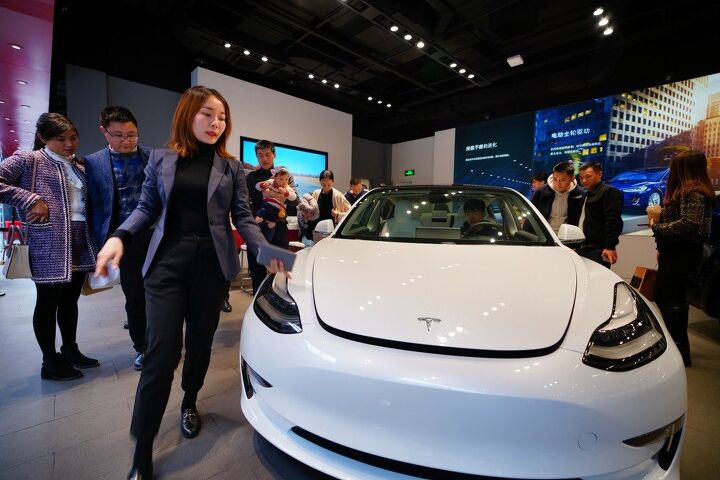




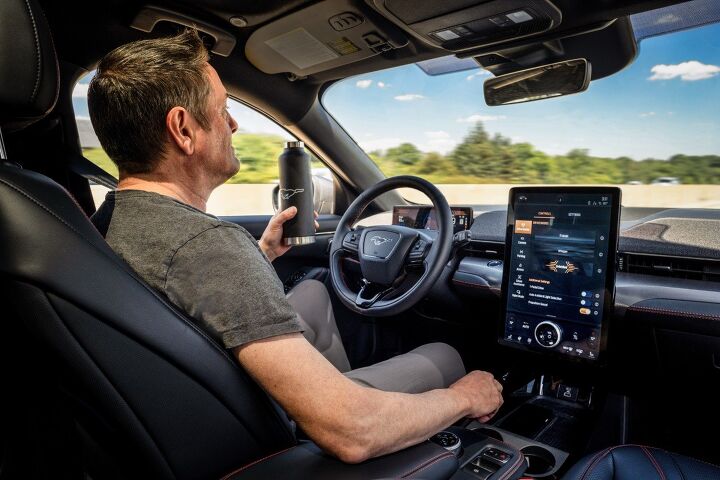
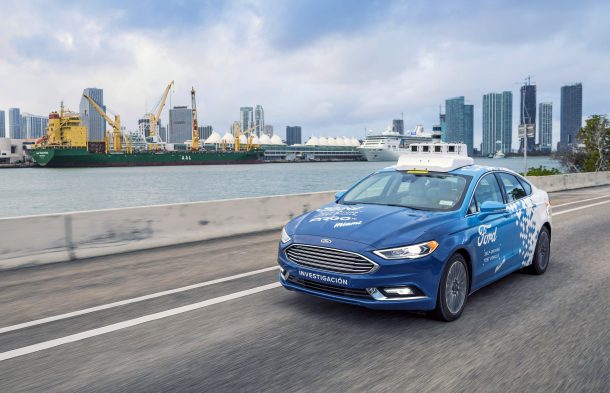












Recent Comments